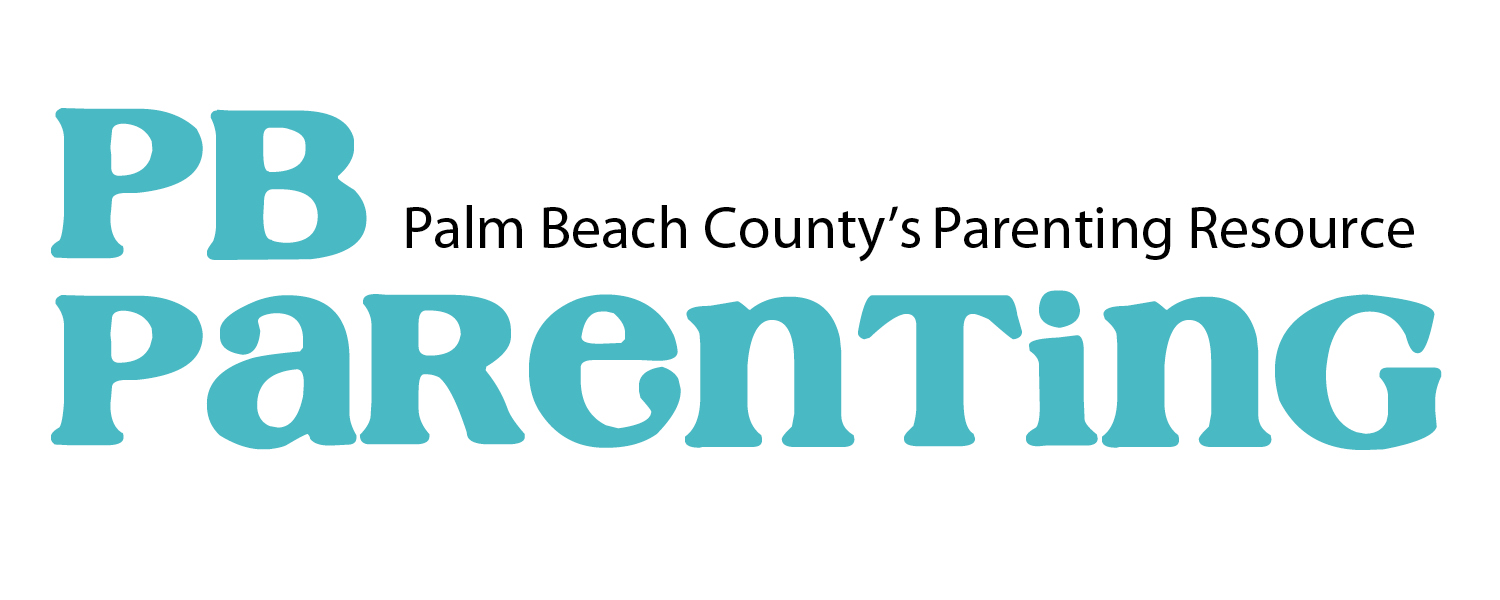Instilling Resilience in Children

By Dr. Tracie Quill, Doctor of Psychology and Parent Educator
Parents want their children to be successful – academically/career and in life satisfaction. Do you know what a bigger predictor of success is than IQ? The ability to regulate our emotions. This means a person’s ability to respond in a healthy way to their emotional experience. This is not something we are born knowing how to do. Therefore, children need to be taught this.
Many children today are experiencing anxiety post pandemic, and learning to regulate one’s emotions is very powerful for countering anxiety. Anxiety is a symptom of unprocessed feelings. And no feeling gets fully processed until it’s validated with empathy. In the parenting classes I teach and private consulting I do with families we talk about the following tools which can be very impactful for emotion regulation when used consistently.
It can be hard to see our children upset. The most powerful and healthiest thing a person can hear when they are expressing an emotion is empathy and validation. Even if you don’t agree with why they are feeling this way, it may be a big deal to them. Validation immediately soothes us because we feel heard and seen. Sometimes we feel afraid to do this because they think they are encouraging misbehavior. Not so.
- When your child is displaying a strong emotion (e.g. sadness, anger/tantrum) these are steps you can take:
- Take 3 deep breaths, as your energy will transfer to them. Placing your hand on your heart while doing this helps you calm down much more quickly.
- Get down at their eye level.
- Try to speak calmly and softly. “Are you feeling____ because___?” For example, “Are you feeling mad because you can’t have the candy?” “I understand, you really wanted that.” You are simply saying you understand how they are feeling. When your child’s feelings are noticed and validated, they have less of a need to intensify them.
- Restate the boundary and stick to it. For example, “Well, because I love you and care about your health we’re not getting that now.” This builds emotional security because they can trust you to stick to your word. And when it’s said with a kind tone, it invites cooperation.
You are teaching your child valuable things during this:
- You are modeling emotion regulation by staying calm yourself, and your modeling is your most powerful parenting tool, not your words.
- You are teaching them to process their feelings in a healthy way by letting them fully feel them and not minimizing them by saying, “You’re ok/fine.” “Don’t get upset/worry.” The good news is feelings that are fully felt pass quickly.
- When children are allowed to have their feelings they build “disappointment muscles” and realize they can survive their feelings, and only through navigating these challenges in a healthy way do we build resilience.
By modeling empathy and validating feelings you are connecting mindfully to your child. Connection is our deepest need as humans and children that feel connected and respected by the adults in their life thrive!
Dr. Tracie Quill is a Doctor of Psychology and certified Parent Educator. She has a Masters Degree in School Counseling from the University of San Diego, where she was a member of the International Counseling Honor Society. Her more than 25 years experience in education includes teaching and working with children of all ages, in various capacities. Dr. Tracie holds teaching certificates in preschool and elementary education. She also has official training in Compassionate Communication, Modern Day Etiquette, Mindful Self-Compassion, Restorative Circles, and teaching Social Emotional Learning programs to children. Tracie is passionate about helping families build harmony and therefore prosper. Learn more at raisingwonderfulchildren.com.

